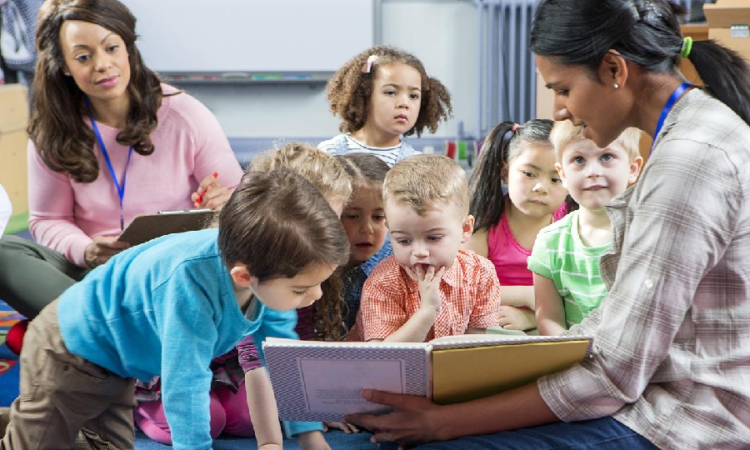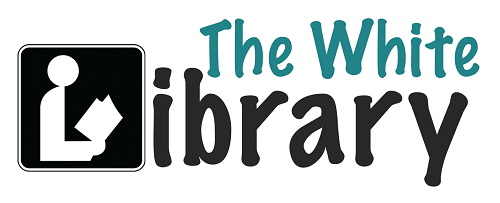
The early childhood years are a time when children are experimenting with their developing minds and bodies. Research shows that students who are in the early stages of learning usually have differences in cognitive functioning, self-regulation, and social/emotional skills. It is important to have a positive attitude and provide children with a safe, caring, and stimulating environment when they are young.
Childhood education is not just for kids… Early childhood education is about providing an environment for a young child that is conducive to learning and growth, regardless of parental involvement. Extending the education environment of a young child beyond the school day is important, especially when such an environment has been proven to have advantages on the child’s development and wellbeing.
Skills and Knowledge
Skills and knowledge are fundamental to any learning experience. According to the National Occupational Research Center, an early childhood educator provides educational activities and developmentally appropriate experiences that foster:
- Intellectual
- Emotional
- Social growth and,
- Learning for young children
They also help children learn their basic motor and language skills, understand the world around them, and build self-regulation, cooperation, and kindness.
Describe the Course Contents
There are numerous ways to describe the course, but one of the most common is to describe it as being a course that is designed to help you gain a greater understanding of the early childhood education and care sector. The course will take you through the key thinking and knowledge areas of early childhood education and care, as well as provide you with an understanding of the role that you and your organisation play in the sector.
Course Structure
ECE/ECE (early childhood education and care) is a broad discipline that encompasses the full range of early childhood education and care programs and services. These may be offered in the family home or the school environment. ECE/ECE programs and services are often about developing child and family literacy, numeracy and emotional development, building child self-esteem, fostering child/family relationships and strengthening the community.
Requirements
Early childhood education and care is the amount of time and support that young children receive during the early years of their life. Early education and care programs are a mix of formal and informal settings. These programs aim to give children the opportunity to learn and develop skills. The programs are generally available to children from birth to school entry.
Child Development
Child development occurs in stages that each represent a different stage of human development. This means that for each stage of development, children have certain characteristics that vary. Each stage has a different way of communicating, behaving, and learning.
During the first few years of our lives, we discover which people to trust and which to avoid. We learn to communicate with others and to solve problems. We learn about our bodies and about the world around us. This process leads to a gradual process of social, motor, and cognitive development.
Sustainability
What is sustainability? For some, it’s a word that means saving the planet. For others, it means protecting the environment. For others, it’s a term applied to the way that we run our country. For some, it’s simply a word used to describe something that we’d like to see happen. For many, it’s an educational program that we want to see continue.
As a qualified early childhood teacher, it’s important to consider sustainability in everyday life and not just during the school day. The curriculum you teach is a living document and will hopefully be relevant to student’s years after they leave school. When looking for diploma of early childhood education and care, sustainability means that you’re not only considering the environment you’re working in, but also the people you are working with, both future teachers and children.
